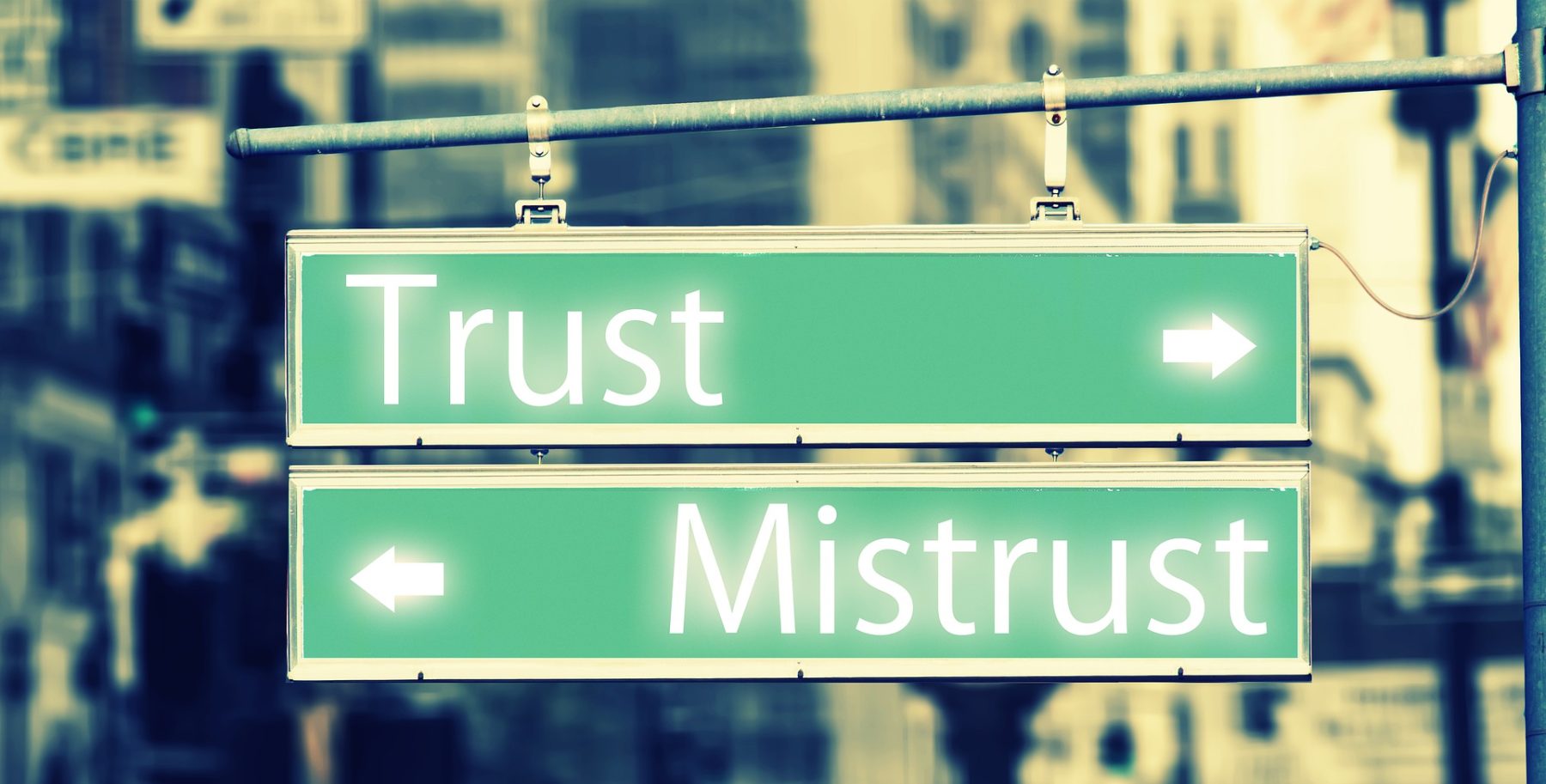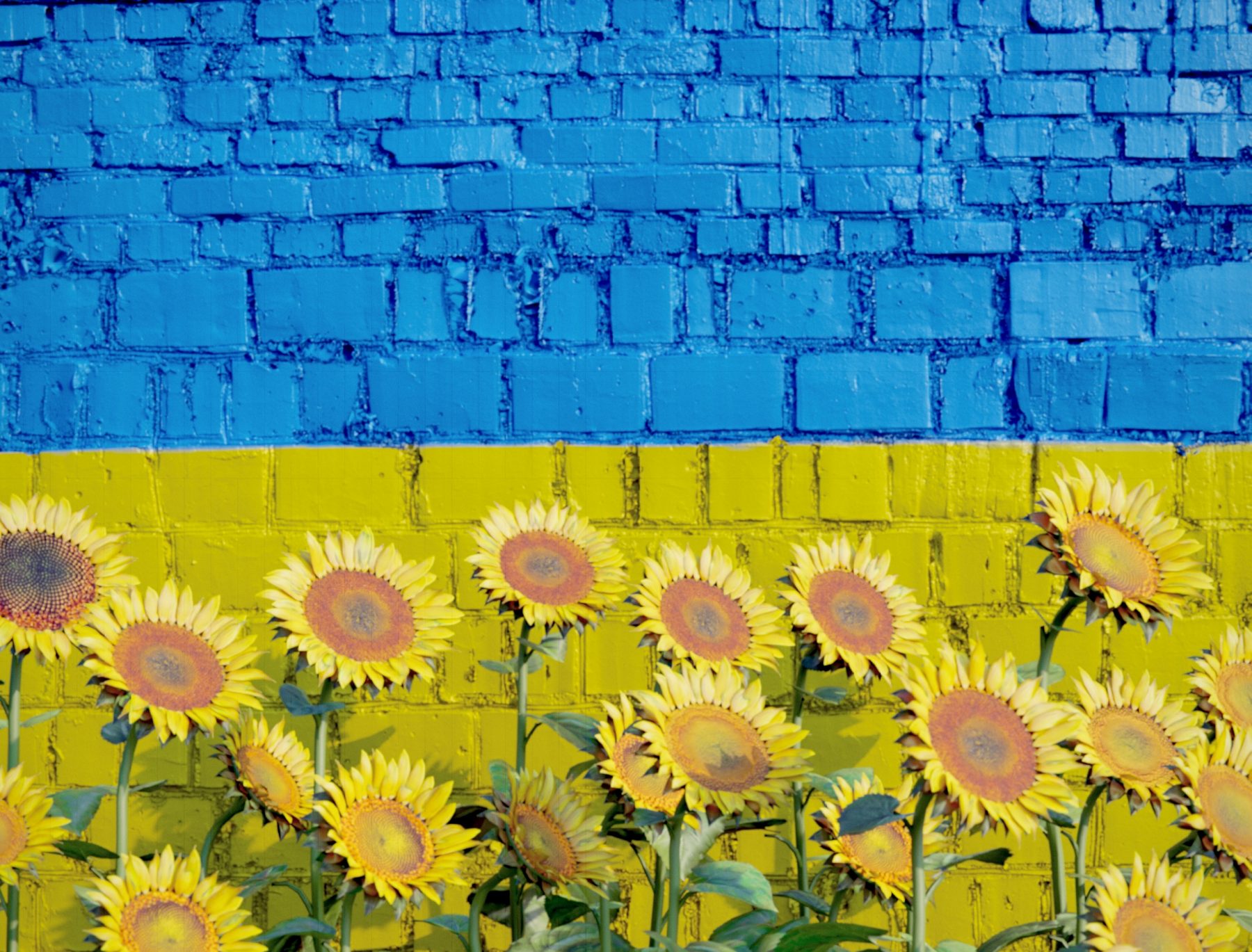
Should we trust the media to tell the truth?
22nd June 2022 by Rachael Bruce
Like ostriches burying their heads in the sand, almost half of Brits (46%) say the actively avoid reading the news.
Many who took part in the Digital News Report 2022 claim there’s ‘too much news about politics and COVID-19’. The impact of politics and the pandemic on all aspects of society can’t be underestimated and yet there appears to be a growing sense of fatigue amongst the public. Perhaps they are becoming bored of the spin being pedalled by politicians and challenged by journalists and are hoping to forget the restrictions we all endured for so long in the fight against the virus.
But not reading, watching or listening doesn’t mean whatever is making the headlines isn’t happening and isn’t impacting on people’s lives.
The same survey, by the Reuters Institute for the Study of Journalism (RISJ), found that trust in the UK media had dived recently despite rising slightly during Covid. Just 34% polled in 2022 said they trusted UK news, compared to 51% in 2015.
Perhaps unsurprisingly, The Sun was the UK’s least trusted news brand out of 15 major UK titles included in the survey, followed by The Daily Mail and The Daily Mirror; while the BBC remained the most trusted and biggest news brand in the UK.
Having made the switch from journalist to PR pro more than 10 years ago, the results of the survey sadden me, but they certainly don’t surprise me.
The old adage “don’t let the truth get in the way of a good story” still rings true for some journalists and editors today. But there also those reputable reporters who are keen to discover the truth and present a full and balanced story from all sides.
At Active PR we encourage our clients to be proactive – whether it’s good news or bad – and put their side of the story across from the start. If a news hound sniffs out a story, we recommend providing carefully considered and balanced statement. Offering “no comment” or saying “there’s no one available” doesn’t mean they won’t run the piece, just that your business won’t have its side of the story heard.








